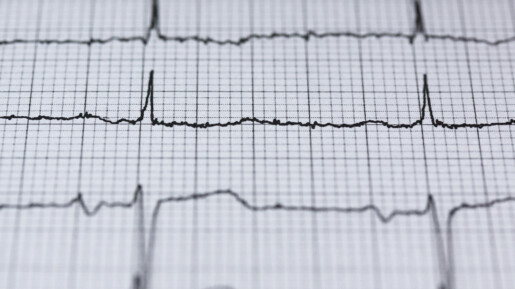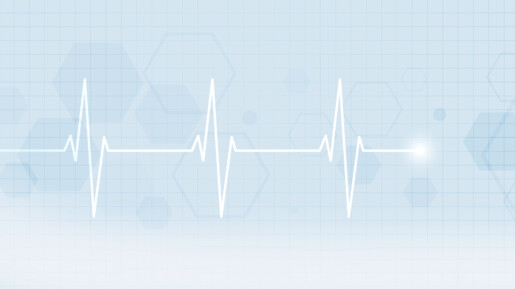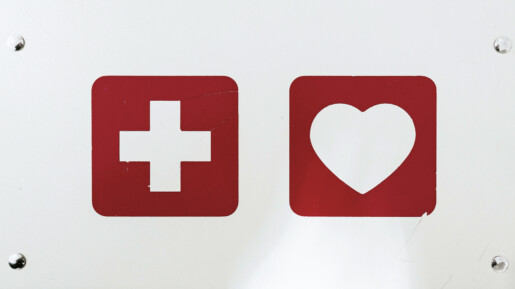Decreased pumping power in the heart, or Heart failure
Can atrial fibrillation cause heart failure? Atrial fibrillation can cause heart failure and conversely, heart failure can also lead to afib.
What Is An Atrial Flutter?
An atrial flutter is a type of cardiac arrhythmia that often occurs in individuals who are also suffering from atrial fibrillation.
Atrial extrasystoles
If the heart beat starts in the heart chambers, we call it ventricular extrasystoles. If they start in the atria, they are called “atrial extrasystoles”.
What Is Focal Atrial Tachycardia?
Focal atrial tachycardia (ectopic atrial tachycardia) is a form of rapid heart rhythm disorder that comes from a specific place in the atria.
Ventricular Extrasystoles
Ventricular extrasystoles is the medical term for extra beats in a patient’s heart chamber. These are common and are normally benign, but…
What Is WPW Syndrome?
Patients with WPW have an extra lead path between the atria and heart chambers, often between the left atrium and the left ventricle.
What Is Atrioventricular Nodal Reentry Tachycardia (AVNRT)?
AVNRT: “AtrioVentricular Nodal Re-entry Tachycardia”. As with most forms of arrhythmias the heart rhythm of AVNRT patients often moves out of control in a type of carousel movement.
How Pacemakers Treat Heart Failure
When a heart’s ability to pump is impaired, it can be necessary to implant a special type of pacemaker that can stimulate both the right and left ventricles simultaneously.
What Is An ICD?
A cardiac arrest is a life-threatening arrhythmia in which the heart’s pumping function stops – and thus no blood comes out to the body’s organs
How Does A Pacemaker Work?
A pacemaker is used if a patient’s heart rate is too slow. There can be a number of different reasons for this…









